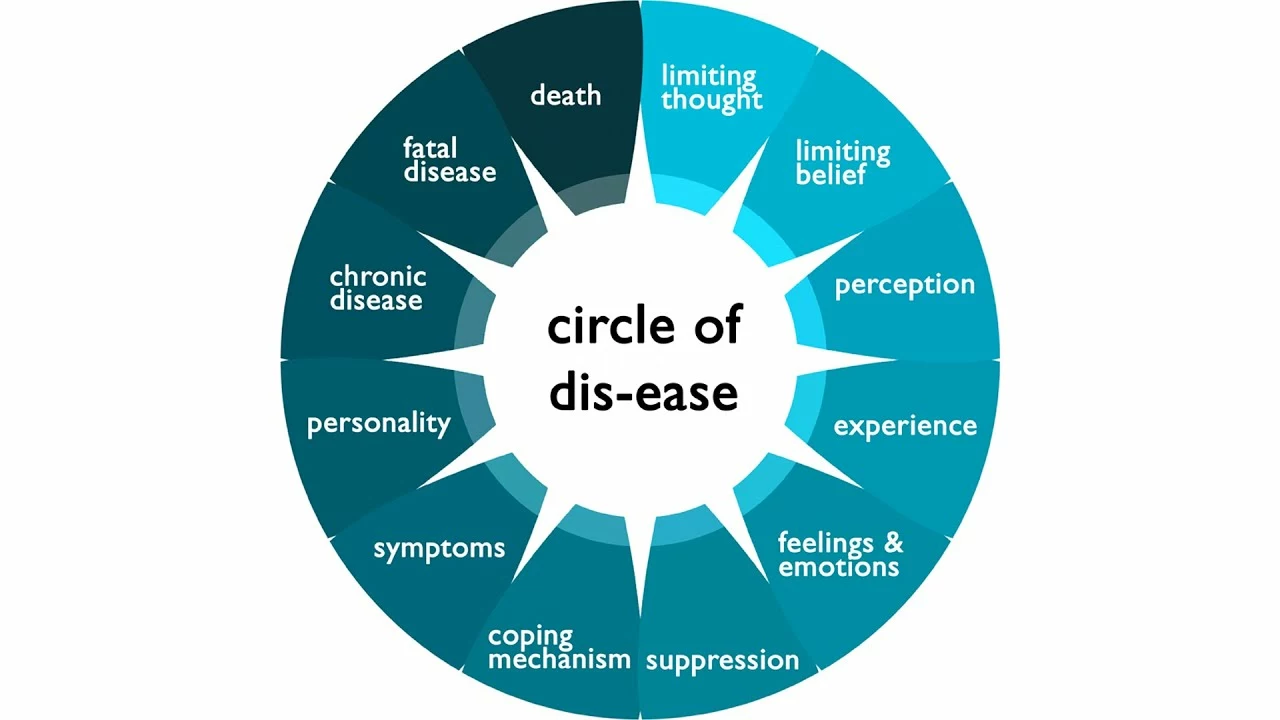Hey pals! You know, living with Chronic Hepatitis C can be quite an emotional rollercoaster, but hey, isn't life always like that? One moment we're up, the next we're down. Anyway, it's essential to arm ourselves with some solid coping strategies, and that's exactly what my latest blog is all about! It discusses not only the emotional impact of this condition, but also the importance of support systems and various ways to deal with it, kind of like a survival guide for your emotions. So buckle up and get ready to navigate this rollercoaster ride with a smile!
Chronic Hepatitis C – What You Need to Know Right Now
If you’ve heard the term "chronic hepatitis C" and wonder if it’s something you should worry about, you’re not alone. It’s a liver infection that can stick around for years, but knowing the basics helps you spot trouble early and take action.
Hepatitis C is caused by a virus (the HCV) that spreads mainly through blood-to-blood contact. The most common ways people catch it are sharing needles, getting tattoos or piercings with unsterile equipment, or receiving blood transfusions before 1992 when screening became routine. Once the virus enters your bloodstream, it heads straight for the liver.
How to Spot Chronic Hepatitis C
The early stage often feels like nothing at all – many people have no symptoms for months or even years. When signs do appear, they’re usually vague: tiredness, mild fever, loss of appetite, or a dull ache in the upper right belly where your liver sits.
As the infection sticks around, you might notice yellowing of the skin and eyes (jaundice), dark urine, pale stools, or easy bruising. If any of these show up, it’s time to get checked out. A simple blood test can detect HCV antibodies, and if that’s positive, a follow‑up viral load test tells you whether the infection is active.
Why Treatment Matters – And What Options Exist
In the past, hepatitis C was treated with interferon shots that caused nasty side effects. Today, doctors use direct‑acting antivirals (DAAs) that are taken as pills once a day for 8 to 12 weeks. These drugs target the virus directly and cure more than 95% of people without major side effects.
Getting cured means the virus disappears from your blood, and the liver gets a chance to heal. Even if you already have some scarring (fibrosis), stopping the virus can stop further damage and lower the risk of liver cancer.
The exact regimen depends on the genotype of the virus, any existing liver disease, and whether you have other health issues. Your doctor will order a genotype test and check your liver function before picking a pill combo that fits you best.
Even after you’re cured, it’s wise to stay on regular check‑ups. A healthy diet, limiting alcohol, and staying active keep the liver in good shape. If you have cirrhosis already, you’ll need more frequent monitoring for complications.
Bottom line: chronic hepatitis C can be silent but serious, yet modern medicine makes it highly treatable. If you think you might have been exposed, get tested – a quick blood draw could save years of liver trouble. Talk to your healthcare provider about the latest DAA options and take control of your liver health today.
Alright folks, here's a juicy one for you - Genotype 3 Chronic Hepatitis C and Pregnancy. Sounds like a riveting thriller, doesn't it? In essence, this is about the intersection of two super important life experiences, so buckle up! This specific type of Hep C can have some pretty unique effects during pregnancy. It's like that one relative who always causes a scene at family gatherings, but in this case, it's your own body stealing the show. So, stay tuned for an enlightening ride on the Hep C rollercoaster - it's going to be a thrilling, bumpy, and enlightening journey!


